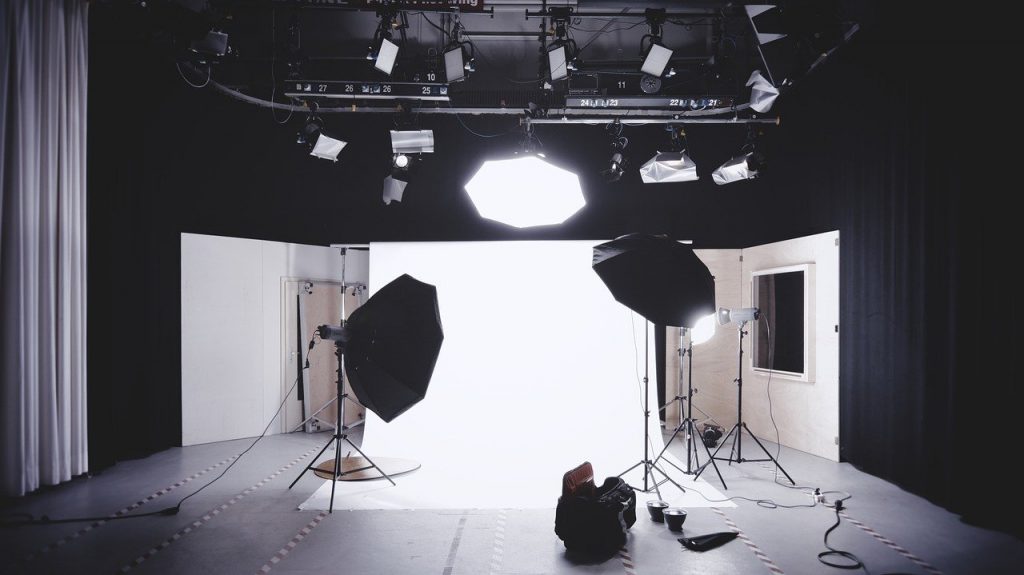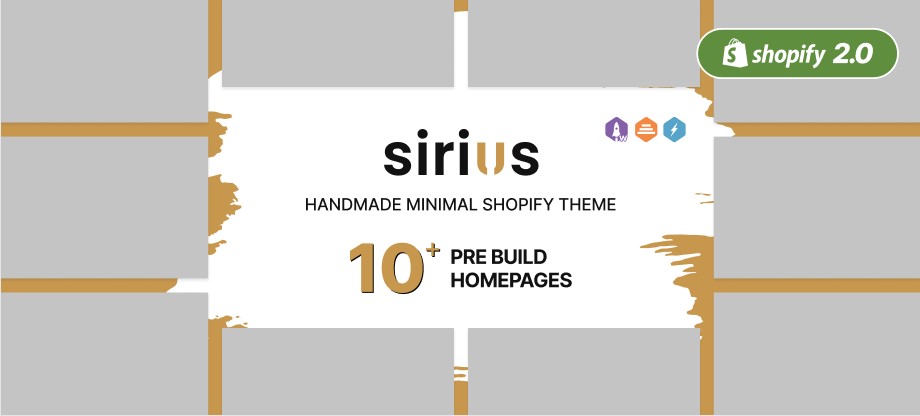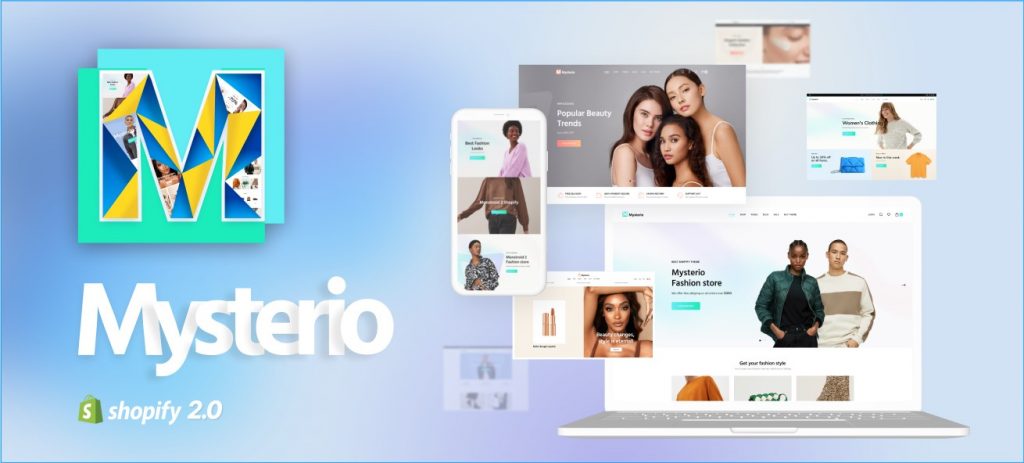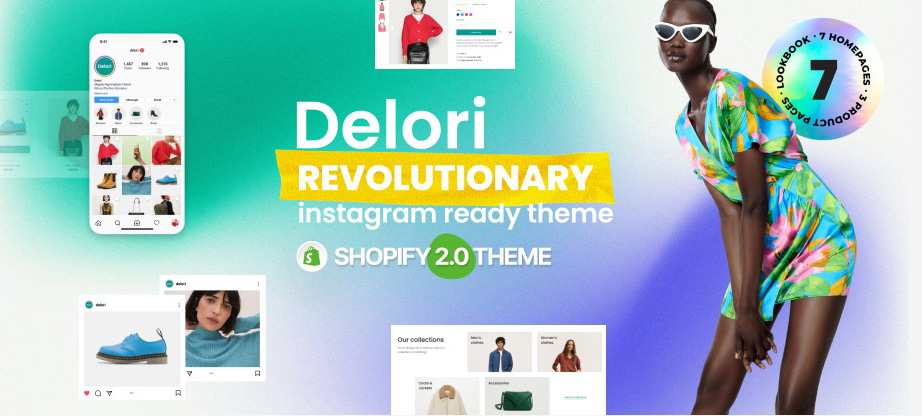Visuals in eCommerce Websites – Tools To Help You
Today, we are witnessing a monumental change when it comes to shopping. People are abandoning the old model of shopping in brick-and-mortar stores and switching to online retail. Of course, the reasons for this shift are obvious. Online shopping is more convenient, and you can also find a lot of product information before making a purchase, just to name a few. However, the competition in the eCommerce industry is fierce, and that is why online stores need to take care of numerous aspects to stay competitive. One important segment of online retail are visuals in eCommerce or in general, is the visual appearance of an online store. Since people cannot touch products when shopping online, they rely on images and videos when deciding to buy something. But how powerful are visuals exactly and why do they matter so much in modern web design?
How Important Are Visuals in eCommerce?
Their physical and visual aspect gives physical stores an advantage over eCommerce stores. A customer can walk in and see any product available, hold and touch the products, and do the necessary examination right then and there. On the other hand, this still remains a big challenge for eCommerce business owners.
Recreating the visual elements of products that are offered in an online store is not an easy task. However, many online businesses want to recreate these elements in a way that is at least close to seeing and physically examining products in brick-and-mortar stores. Luckily, the right visual elements can help close this gap between a physical product and its online representation. Various types of images, videos, and interactive content can recreate a customer’s experience in brick-and-mortar stores. The bottom line is that this method affects growth. If you manage to provide great visuals, there is no doubt that your conversions and sales will increase.
Visual Content Types that Work Well for eCommerce Businesses
Improving the quality of your product images and adding more interactive and engaging types of visual content can do wonders when it comes to conversions and sales made on your website. And here is why
- 46% of online users claim that a website’s appearance is the key factor for determining if a website is credible.
- 72% of shoppers are likely to interact with visual content on a product page.
- 60% of online users instead watch a video when available before reading text.
Now that you have proof of how compelling visuals are, let’s look at some great visual content options you can include on your website.
Visuals in Ecommerce – Tutorial Videos
Tutorial videos aim to instruct or teach an audience to use a product. They go beyond an item’s physical features and overall appearance to show exactly how that product works. A tutorial video is a type of visual content that provides additional information about the product but also lets customers imagine using the item.
These videos need to be high-quality, so creating them sometimes comes at a price. If you don’t have a high budget, you can always try finding free video clips that might just do the trick. Maybe you are not the only one selling a specific type of product in the industry. Even if you can’t film quality content yourself, try to find some solution instead of just abandoning the idea immediately.
360-Degree Product View
360-degree product views are probably the closest to recreating the ‘usual’ experience of holding a physical product in your hand and examining it from all angles. The all-around perspective of such visuals gives customers the same type of view and feeling of control as they explore a product. Making 360-degree images is not easy, but you can find a lot of websites that can help. However, you will most likely need a good camera to do this.
User-Generated Content
User-generated content, or USG for short, can add even more value to products on your online store – social proof. Social proof is very powerful in the fashion industry for example, where potential buyers can see how a specific item looks on different customers. This helps them see whether a clothing garment is suitable and if it fits them well.
Additionally, when you encourage users to share their images, that not only adds to your database of visual content but it also provides added comfort and information to other customers that are on the fence when it comes to making a purchase.
Visuals in eCommerce Websites – Augmented Reality
Augmented reality and virtual reality are among the newest forms of digital content. However, AR is also one of the least-used forms of product content. As a business owner, you should recognize this as an opportunity to capitalize on this type of content that is not yet considered mainstream. AR has the potential to become very powerful, yet there is only a portion of businesses that have realized this. A virtual reality product demonstration provides an experience replicating in-person shopping far better and more realistically than any 360-degree image or video. Also, customers feel more comfortable before purchasing if they can try out a product in a virtual way.
AR has been applied by many stores that sell sunglasses, for example. A user can access these websites, click on a tryout page, and pick a pair of sunglasses. Once that is done, the website asks for permission to use the webcam. When the user accepts this, they are then directed to a window where they can see themselves wearing a selected pair of sunglasses. This is undoubtedly a great feature since they can see exactly what they would see in a mirror in brick-and-mortar stores.
Tools to Help You Utilize Visuals
So, now you know how important visuals are in eCommerce and what types of visuals you should use. Finally, let’s look at some reliable tools that many online shops already use when creating their visual content.
Graphic design tools
- Canva
- Snappa
Photos and editing software tools
- PicMonkey
- Pexels
Graphs, charts, and infographics
- Piktochart
- Datawrapper
Animation
- PowToon
- Design mock-ups
- PlaceIt
Fonts
- Font Squirrel
Sirius – Minimal Shopify Theme Store
For those who are seriously engaged in online trading, tracking eCommerce trends is not a hobby. There are many fashion trends and popular destinations in eCommerce. There are also many relevant solutions. To meet the demanding needs of website users, each direction needs to be carefully analyzed. Otherwise, you risk falling far behind competitors who noticed the trend in time and stimulated sales in your business.
Yes, it is difficult and takes a lot of time. How to avoid this? The best solution for you can be to use the minimalist Shopify theme store for dropshipping named Sirius. Convenient theme setup and fast page loading – you will find here a complete set of tools to increase your sales and work with customers.
Mysterio – Fashion eCommerce Shopify Theme
Website development is always aimed at sales in the first place. Are you also sure that your business needs a selling website? Mysterio is designed just for this. You will find here all the necessary tools that you can use to keep your website converting high.
The selling site is your advertising platform. He should help clients make a decision on cooperation, answer basic questions, and remove objections. The degree of success of the site is always determined by the number of applications and calls that are converted into customers and increase the company’s profits. Everything you find in Mysterio will help you with this. Check out the demo to see how effective it is.
Delori Shopify High Fashion Theme for Instagram Store
If you’re interested in creative and minimalist web design, Delori is a unique online store template. With this impressive design, you can open your own online store and start selling products of all kinds. Regardless of the niche you are passionate about, Delori adapts to your requirements and regulations without any problem. With a modern, mobile-friendly, and cross-browser-compatible design, capturing the attention of your visitors is easy.
There are a lot of opportunities for the Delori online shopping Shopify 2.0 template. From cool hover effects and a sticky navbar to a few primary store and blog pages, it’s all available to use. In addition, Delori also comes with login, registration, and cart pages, a functional mosaic block constructor, dynamic blocks on the product pages, compare products, etc. See, the layouts and elements are there. You just need to use the web design and create a unique online store with this theme.
Visuals in eCommerce Websites – Final Thoughts
This article has equipped you with valuable insights and reliable tools to help you take advantage of visuals in eCommerce businesses. Featuring visuals means telling your story and marketing your products fun and engagingly. Seeing that visuals are still a relatively new thing in online retail, it would be wise to be an early adopter. Act now and reap maximum rewards. High-quality, engaging visuals will surely set your business apart from your rivals. Hesitating, in this case, does not do you any good. So, make the most of visuals even if you have to hire a designer to help you out. You’ll see that it will be worth it in the end.







